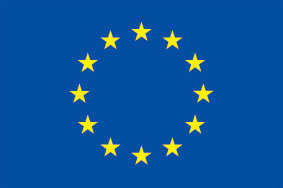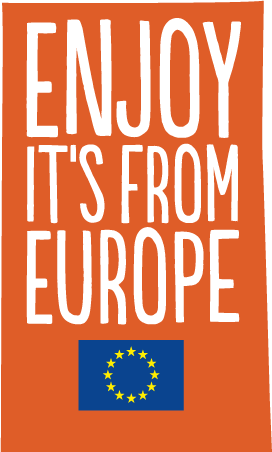EU PORK
Animal welfare
Animal welfare
Animal welfare is crucial to both the pigs and the quality of the end product, that is why the European Union has put in place rigorous mechanisms to ensure that pigs are well cared for from the moment they are born until the slaughter.
The rules created by the European Commission are based on the European Convention for the Protection of Animals kept for Farming incorporated into the EU animal welfare and they reflect the ‘Five Freedoms’:
- Freedom from hunger and thirst
- Freedom from discomfort
- Freedom from pain, injury and disease
- Freedom to express normal behavior
- Freedom from fear and distress
Protection
Apart from the European Convention for the protection of animals kept for farming purposes, the EU has established specific pig protection directives, laying down minimum standards for the protection of pigs. These minimum standards include mandatory aspects for pork producers, such as: pigs must always be free of hunger and thirst, minimum floor area available for the different rearing and fattening stages, permanent access to materials for rooting and playing, prohibiting sow and gilt tethering and setting a minimum weaning age of four weeks.
Animal welfare is also important when handling and transporting pigs to reduce accidents and stress levels. The European Union has published Guides to Good and Best Practice for the transport of the main livestock species, including pigs. This guide puts an emphasis on vehicle design, ventilation, and space allowance.
Slaughtering
The treatment of pigs during slaughtering will not only have an impact on their welfare, but also on the quality of their meat and therefore in the consumer. European Union legislation ensures that all animals are treated correctly and properly stunned before killing, to guarantee that they suffer the least possible amount of stress and pain.
This has a direct impact on meat quality and taste. When a pig is stressed before and during slaughtering, it will use up all the glycogen in its muscles, this will cause the carcass to have less amount of lactic acid and the meat will be less tasteful, less tender and with worse colour and quality. When the animal is well rested and calm, higher amounts of glycogen will be present in the meat, rendering a better quality meat.
Animal Welfare Certifications
Interporc Animal Welfare Spain
IAWS is the certification seal created by the Spanish Inter-professional Agri-Food Organization for White Pork INTERPORC to endorse the good practices carried out in the field of animal welfare, health, biosecurity, animal handling and traceability, in all links of the value chain of white pork in Spain from the farm, transport and slaughter to the industry and commercialization.
Animal Welfare Certification for the Pork Meat Sector
Led by the Inter-professional Organization of Swine in Portugal FILPORC, in partnership with the Portuguese Federation of Pig Farmers’ Associations FPAS and the Portuguese Meat Industry Association APIC, whom introduced an animal welfare certification system for swine, which promotes the ethics of working with animals, guaranteeing their well-being and health.




